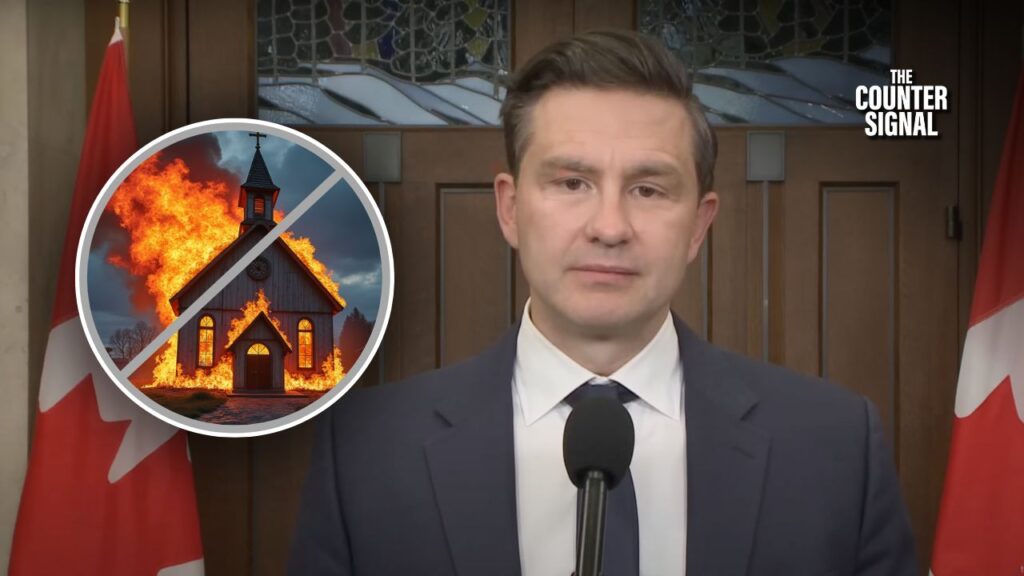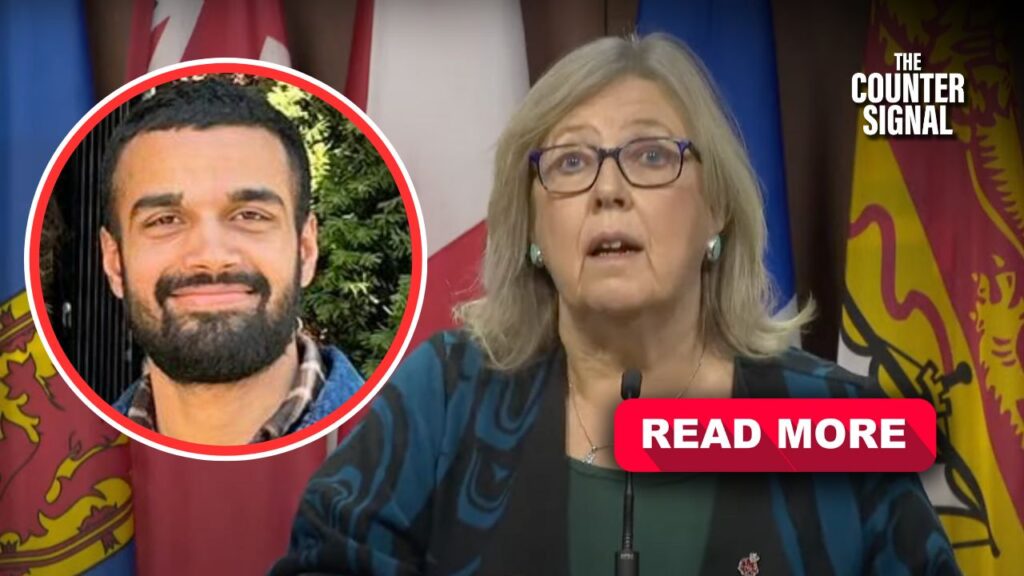- Conservatives propose a bill that aims to increase punishment on arsonists who attack places of worship
- The bill comes amid an uptick in arson incidents against churches, which followed the unproven report that 215 Indigenous bodies were “discovered” at a former residential school site
- Amid the uptick in church attacks, Prime Minister Trudeau said anger against churches was “fully understandable”

The federal Conservatives have proposed Bill C-411, called the “Anti-Arson Act,” in a bid to curb attacks on religious institutions, the vast majority of which have taken place against churches.
Conservative MP Marc Dalton proposed the private member’s bill in response to the concerning trend.
“592 places of worship have been burned be arsonists since 2010,” he stated in a video that lays out the rationale for the bill.
RCMP revealed last month that between 2010 and 2020, each year there were between 13 and 58 arson cases on religious institutions reported to them.
Bill C-411, the Anti-Arson Act, will protect Places of Worship from arson. Common Sense Conservatives will stop the crime and chaos. pic.twitter.com/X3FRHPhghK
— Marc Dalton, M.P. (@MarcDalton) October 31, 2024
However, in 2021, and just after legacy media falsely stated that mass graves were “discovered” at the former sites of residential schools in Canada, the number of arson incidents skyrocketed to ninety. In 2022, seventy-four instances were reported.
The bill seeks to amend the Criminal Code to establish a distinct offense for causing damage by fire or explosion to places of worship, and covers all types of places of worship, including churches, synagogues, temples, and mosques.
If the bill is passed as currently written, the penalty to first-time offenders would be a minimum of five years in jail, and repeat-offenders would be subjected to a minimum of seven years.
Attack on churches
The 2021 uptick in church attacks was seen as backlash to the widely-reported and condemned “discovery” of 215 “unmarked graves” at an old school in Kamloops, British Columbia.
Archeologists made this conclusion not after having done an excavation, but through the use of radar technology. They later admitted that their assertion they discovered “unmarked graves” was hasty, and changed the term to “anomalies.”
Nonetheless, the media’s absolute worst interpretation of the anomalies inspired protests and terrorist arson across the country.
During the wave of church arson incidents across Canada, Prime Minister Justin Trudeau said the attacks were “unacceptable and wrong,” but added, “I understand the anger that is out there. It is real and it is fully understandable given the shameful history that we are all becoming more and more aware of and engaging ourselves to do better as Canadians.” [Emphasis added]
To this date, no excavations of that Kamloops site have occurred. Local elders have cited intergenerational trauma as the reason for leaving potential proof of a genocide buried.
Manitoba excavation turns up nothing but rocks and dirt
In August, the excavation of a Catholic church basement on the grounds of a former Manitoba residential school yielded no evidence of human remains, despite the same radar technology suggesting that 14 anomalies existed.
The results of the four week excavation at the former Manitoba residential school site were announced quietly on a late Friday afternoon.
Conservative MP Arnold Viersen presented a motion to condemn the 80+ incidents of arson & vandalism of churches in Canada.
— The Counter Signal (@TheCounterSgnl) October 27, 2023
NDP & Liberal MPs rejected the motion and voted to adjourn the debate instead. pic.twitter.com/BvrYJfq90F
Last year, a motion calling for all political parties to condemn the nationwide attack on churches in Canada was denied by NDP and Liberal MPs, with one saying doing so might “trigger” Indigenous Canadians.











The threat of life imprisonment has done nothing to prevent murder; all it has done is kept the non-violent people non-violent. How will an Anti-Arson Bill prevent Arson?
By the burning of these churchs these perps think they are on a mission of just cause, and to be imprisoned for their actions – is martyrdom. The greater the punishment, the greater the Martyr.
The first line of defence against Arson are those who would be harmed, injured, or killed – the victim; the victim is not the police officers nor the Courts. What does this Bill do to empower the victim? Does this Bill give the victim the Right to kill the aggressor – the arsonist?
What keeps a criminal at bay is not imprisionment, not a piece of legislation, but death, or the fear of death.
The Conservative’s Anti-Arson Bill is not worth the paper it is written upon.
The politcans of this era are of the weakest and stupidest people who have ever walked upon the planet.
Wow thats a lot of arson. How many charges laid and how many convictions? If you don’t get convictions the sentence is moot.